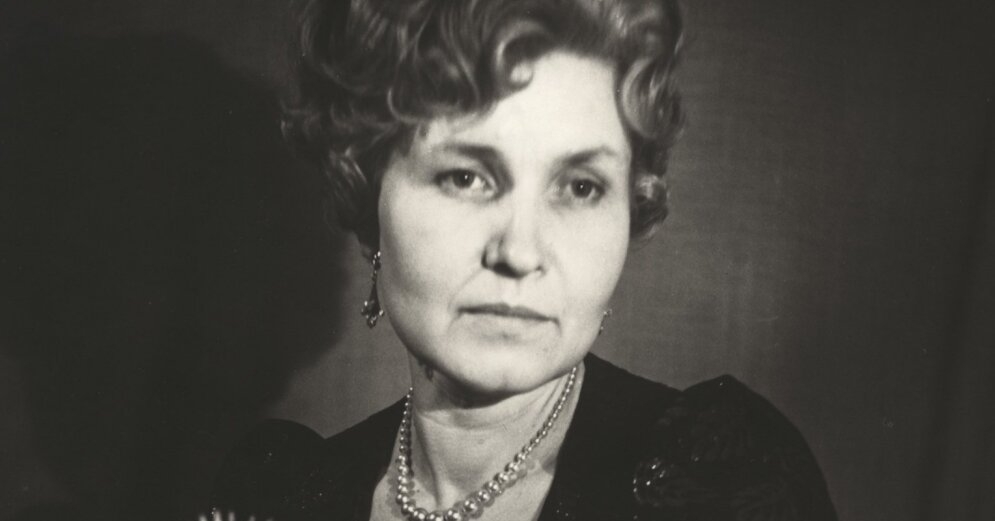NOS News•
-
Frank Renout
correspondent France
-
Frank Renout
correspondent France
Mayor Jean-Paul Vermot takes out his phone and taps the folder of photos. “Look, there you see last week’s procession, hundreds of meters long!” It stands in the center of the medieval town of Morlaix, near the coast of Brittany.
“Here at this place where we are now, we demonstrated then.” He clicks on one of the photos. “If you look closely, you can see that we are all doing a Breton dance together in the street. We were with a lot of people. The local press called it a historic rise.”
In Morlaix, 10,000 people took to the streets at the latest demonstration against pension reforms. And that is remarkable: the city has less than 15,000 inhabitants. That means that almost all adult residents demonstrated. “Well, not quite,” says Vermot. “There were also participants from nearby towns and villages. But it was unprecedented, that’s true.”
Unfair
President Macron’s government wants to raise the retirement age from 62 to 64. There have been two massive demonstrations and strikes against this in recent weeks across the country. Morlaix was one of the frontrunners: as far as we know, in no other city did such a large part of the population take to the streets to protest.
Today is a third day of action on the agenda. “We are also participating again,” says Mayor Vermot. “The French think the measure is unfair. I’m going myself too. I have civil servants under me who work outside all their lives, in the cold, in the rain, in the snow. You can’t let those people work until they are 64.”
Many French think so. Out all polls shows that a majority of the population is against the pension reforms. Support for the demonstrators is high and is even increasing.
The socialist mayor Vermot takes us on a tour of his city. There are beautiful ancient houses, there is a marina and above the center hangs an impressive 62 meter high stone viaduct, built in 1865.
“Many left-wing voters are taking part in the actions, but not only them, you know,” Vermot says while walking. “If 10,000 people take to the streets in Morlaix, then there must be people with other political views among them.”
While talking to the residents, it is clear that the dissatisfaction runs deep. The increase in the retirement age is a major concern for people. Not so much because they have to work two years longer, but mainly because they are afraid that the French lifestyle will have to die. France has a 35-hour working week and is one of the countries with the most in Europe days off per year. And the retirement age is lower than in the current 62 years most neighboring countries.
Many French people do not want to give up those achievements. They are attached to their free time, to their life ‘outside work’. “For many French people, work equals suffering,” wrote left-wing political analyst Mathieu Slama, arguing for “the right to laziness.”
Most of the inhabitants of Morlaix do not go that far, but they do oppose the cult of labor as it exists in some other countries, where work is sacred.
“Life is not all about work,” says retired doctor Hervé Gouedard. “There has to be a balance between your work, your family life and your social life.”
Mayor Vermot: “We work differently from the Americans, for example. The French work long hours, productivity is high. In return, we have more free time.”
We walk past a shop in the center of Morlaix. Owner Samuel Coatrieux sells regional wine, honey and foie gras, among other things. He joined the demonstrations. “In the beginning, entrepreneurs were a bit hesitant, but now you see that more and more are participating in the demonstrations.” He also says that there is more at stake than working two years longer.
“We French value the quality of our lives. We have paid leave, the 35-hour working week, and in many other countries that is less well regulated. The French have fought for this. And now many people feel as if they have taken a step “It’s hard to accept, of course. It feels like we’re losing what we’ve fought for in the past.”


